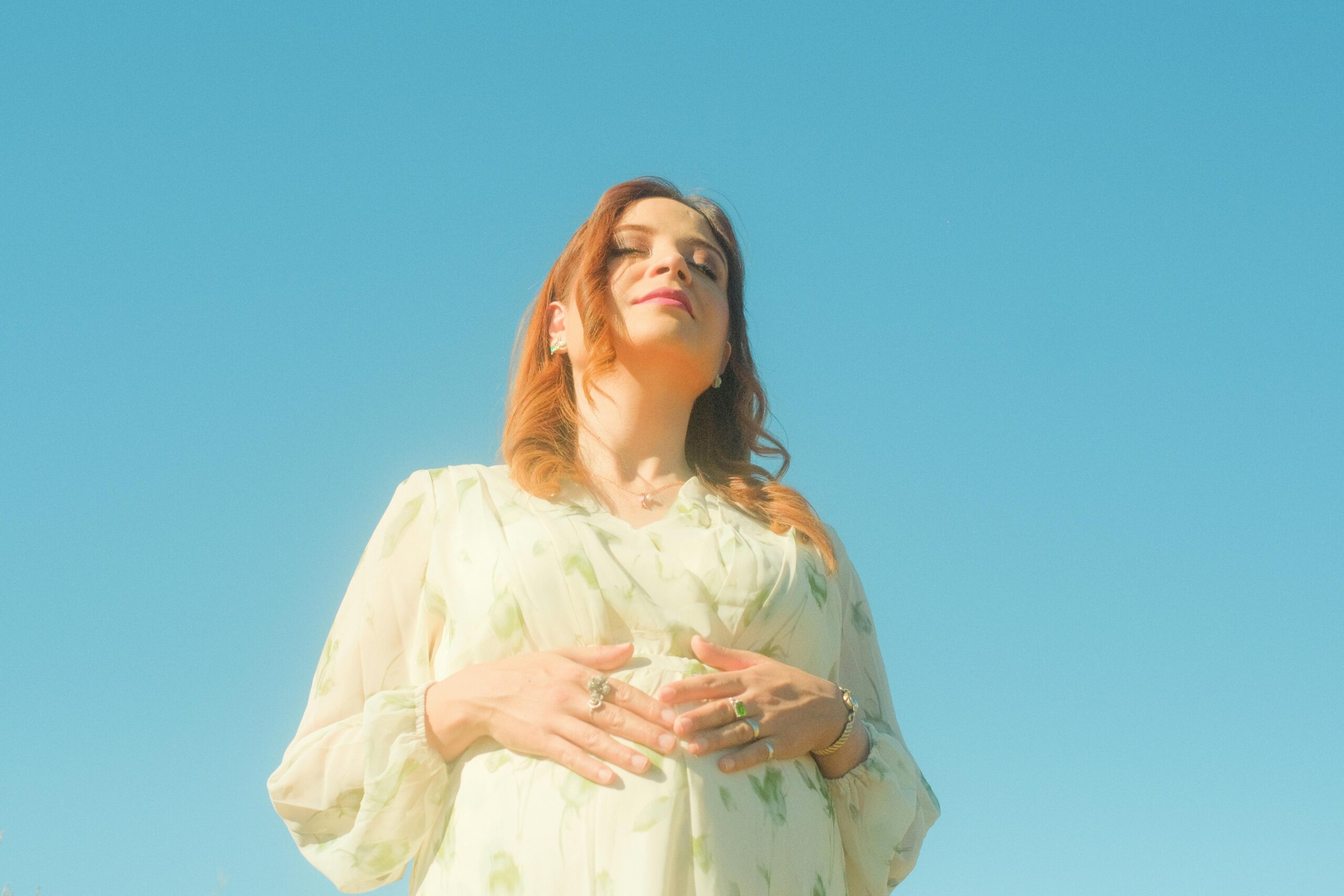
Lately I’ve been thinking about how important it is to recognize our energetic capacity—not only to respect and work within it, but also to be able to expand it from a place of understanding.
This reflection has come from my own experience of noticing the many ways that my capacity has shifted over time—especially since becoming a mother. In some ways, I’ve grown immensely. I can manage much more than I once thought possible. I can move through emotional landscapes that used to overwhelm me. I can show up with presence and steadiness in moments that once might have made me crumble.
And yet, in other ways, I find that my capacity has decreased. I have less tolerance for certain kinds of noise or stimulation. I get more easily rattled. I fatigue more quickly. My bandwidth for decision-making or multitasking can wear me down. My nervous system, once able to override signals of depletion, now demands that I pay attention to it.
This is the paradox many of us live with, especially when moving through seasons of deep change. We grow stronger and more sensitive at the same time.
What I’m learning through the experience of observing my own changing capacity is that if I’m not being mindful, I easily slip into trying to contain things the way I used to. I expect myself to show up as I always have—to do, hold, and handle everything I once could. To apply the same tools that once worked well for me, and to do it with the same stamina I could rely on in the past. But doing this causes damage. It stretches me beyond what’s sustainable and floods me with frustration.
As I get more acquainted with this current version of myself, I’m seeing that some of the practices and strategies that once supported me no longer serve in the same way. What once grounded me might feel too effortful. What once energized me might leave me overstimulated. With time, I’ve come to understand that this isn’t a failure—it’s a signal that something within me has changed. And that change deserves to be met with care. Because what it means to be well is a deeply personal question, and the answer is always evolving.
This is what makes true self-care so complex—and also so beautiful. It isn’t a checklist or a fixed routine. It’s a living, breathing relationship with yourself. One that asks:
Who am I right now? What do I need in this moment? What helps me return to myself?
There is wisdom in noticing when our capacity has changed. There is healing in allowing ourselves to need new things. There is power in letting go of what no longer fits.
We don’t need to be who we once were to be well.
We just need to be honest about who we are now—and willing to care for that version of ourselves with tenderness and intention.

